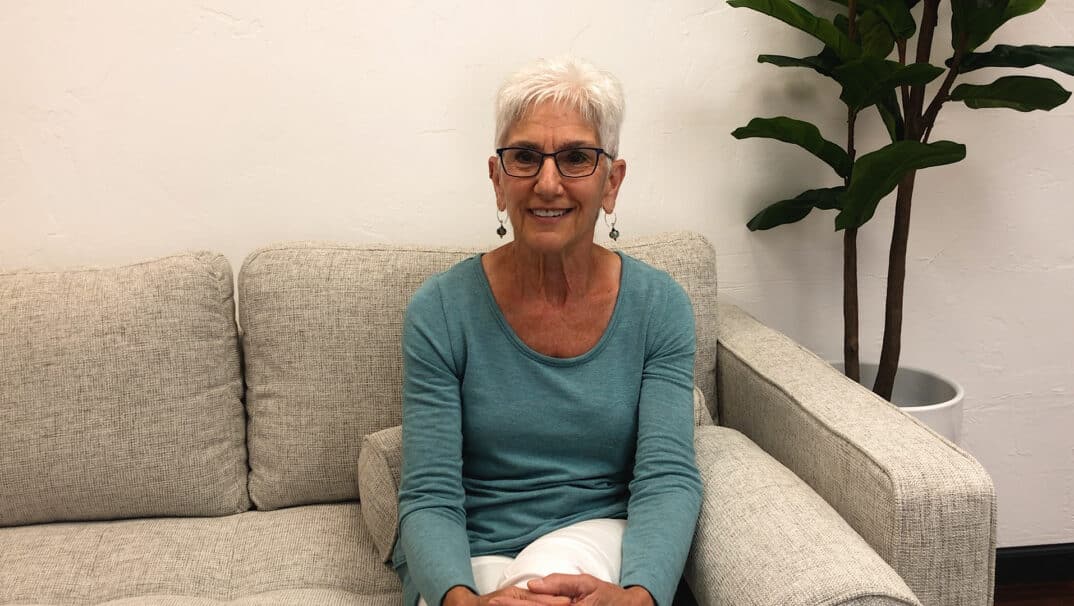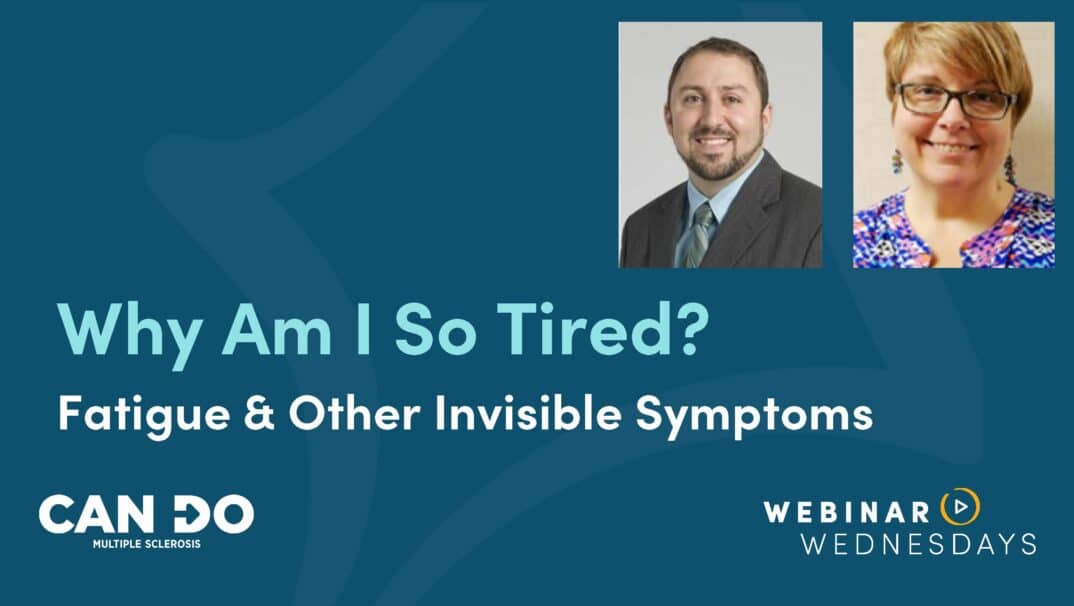Helping Others Understand Your MS Fatigue
Fatigue is one of those invisible symptoms that others have a really hard time understanding.
They may think you’re just being lazy, you’re uninterested, or you’re just not trying hard enough. It’s up to you to help them understand.
We have heard many descriptors of fatigue from people with MS. Here are a few:
- “It’s like slogging through mud with heavy boots on….”
- “I feel like I have weights on my arms and feet….”
- “My brain just hits a wall and stops working until I give it a rest….”
Encourage the people in your life to ask questions. And be sure to give clear signals about what’s going on with you. For example, just give a thumbs up when you’re doing well and have energy to use, and a thumbs down when you’re out of gas.
Even people who love and care about you can’t read your mind, so keep trying to communicate to help them understand.












